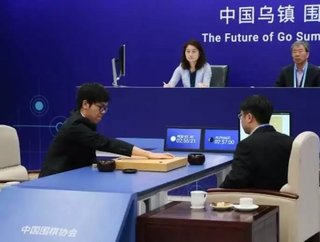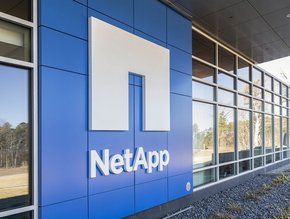Google's AlphaGo has beaten the world's best Go player in another victory for AI

Google's artificial intelligence AlphaGo has scored another victory on the world stage, this time defeating world champion Go player Ke Jie at his own game - twice.
The first game featured the narrowest of victories for AlphaGo, winning by just 0.5 points with Jie executing AlphaGo's own moves on itself to try and best the AI. This, however, was beaten by moves that sought to amplify the effectiveness of every single piece and not just to seek territorial gain. The low margin of victory has not been much of a talking point as AlphaGo has been programmed to just secure victory, not run up the score or humiliate its opponents.
Despite Jie playing "perfectly" in the opening stages of the second match, the computer secured victory by forcing the Chinese master to concede.
"I'm putting my hand on my chest because I thought I had a chance," Jie said in the post-match press conference. "I thought that around the middle of the game, I was very close to winning but AlphaGo might have been thinking something else. I was very excited, I could feel my heart thumping!"
Jie said he was "shocked" by some of the moves that the AI pulled off, stated that they "would never have happened in a human-to-human match."
AlphaGo's signature moves are ones that have fallen out of favour with current Go players, but Jie attempt to resurrect some of these and try and beat AlphaGo using its own favoured moves.
DeepMind created AlphaGo in 2014 before being acquired by Google later that same year for $500m, and the British-based company believes that the technology behind the machine can help to impact positively on everyday life to "make the world a better place."






